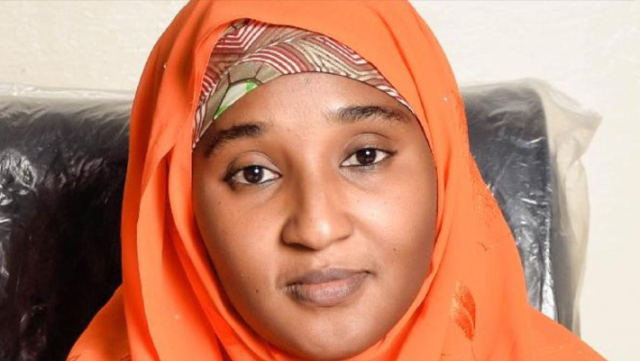The federal government has restated its steadfast dedication to empowering the Nigerian girl-child through comprehensive, safe, and high-quality education.
The minister of state for education, Suwaiba Ahmad, shared this assurance at the validation workshop for the situational analysis and baseline assessment of the Japan-funded UNESCO-IICBA project.
This initiative, titled “capacity building of teachers to enhance continuous and inclusive access to safe and quality education for girls in West Africa,” focuses on teacher training, which is essential for fostering a sustainable, inclusive, and safe learning environment for girls.
“We must keep engaging with local communities and educators to ensure ongoing progress,” she stated.
Ahmad highlighted the government's dedication to girls' education as part of its renewed commitment.
She underscored that providing quality education to girls is a crucial catalyst for social transformation and lasting peace.
“Empowering girls through education is not just about fairness; it’s essential for national development. We have made girl-child education a key priority in our transformative approach,” she added.
She also pointed out that the project corresponds with Nigeria’s education sector renewal initiative, stressing the importance of evaluating its impacts for future enhancements.
The minister of state for humanitarian affairs and poverty reduction, Dr. Tanko Sununu, also discussed the significance of the initiative in addressing educational gender disparities.
He emphasized that collaboration among governments, educators, and international organizations is vital for achieving the desired results.
He reiterated the government’s commitment to supporting the initiative and ensuring its effective execution.
“We are wholeheartedly dedicated to providing the essential resources for the project’s success. This initiative is a crucial step towards ensuring equal educational opportunities for girls throughout the region. Educating girls is one of the most effective means of fostering social change and economic development,” he remarked.
Chairperson of the project technical team (PTT), Uchenna Uba, emphasized the project’s importance in meeting the educational needs of girls in Nigeria.
He pointed out that education serves as a potent tool for social change and economic development. Furthermore, Quentin Wodon, director of UNESCO’s International Institute for Capacity Building in Africa (IICBA), stressed the importance of deriving lessons from the project to bolster pre-service education targeting girls.
He expressed optimism that the initiative would yield valuable insights for enhancing pre-service training for girls.
Deputy head of mission at the Japanese Embassy, Kozaki Hitoshi, reaffirmed Japan’s commitment to the initiative and its broader goals for educational empowerment.
“The initiative we are validating today is significant as it aims not only to increase access to primary and secondary education but also to strengthen the very backbone of the system, the teachers,” he stated.
Kozaki also reiterated Japan's financial backing for educational projects across the region, mentioning that Japan is dedicated to enhancing educational access for four million girls throughout Africa.




















